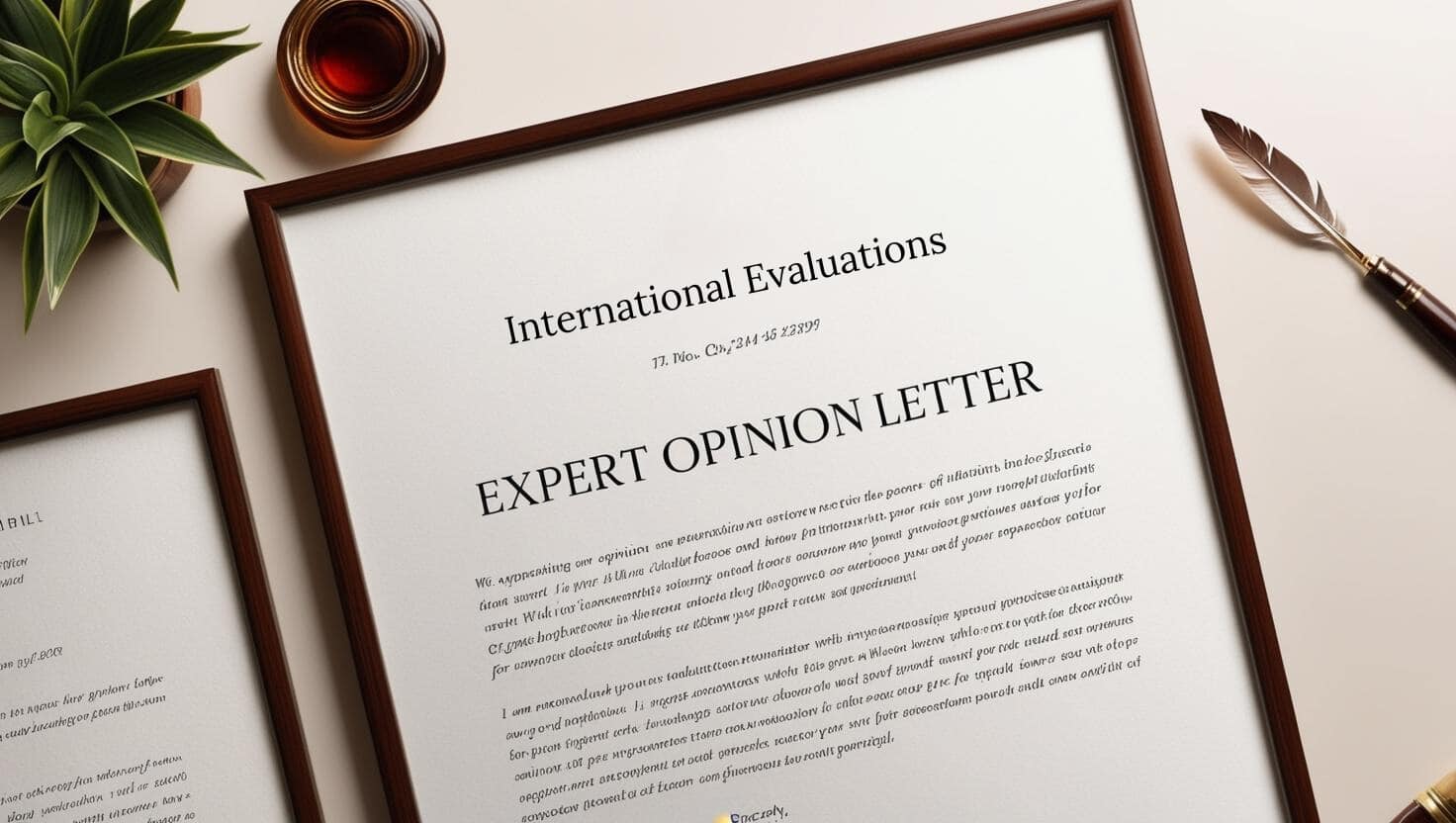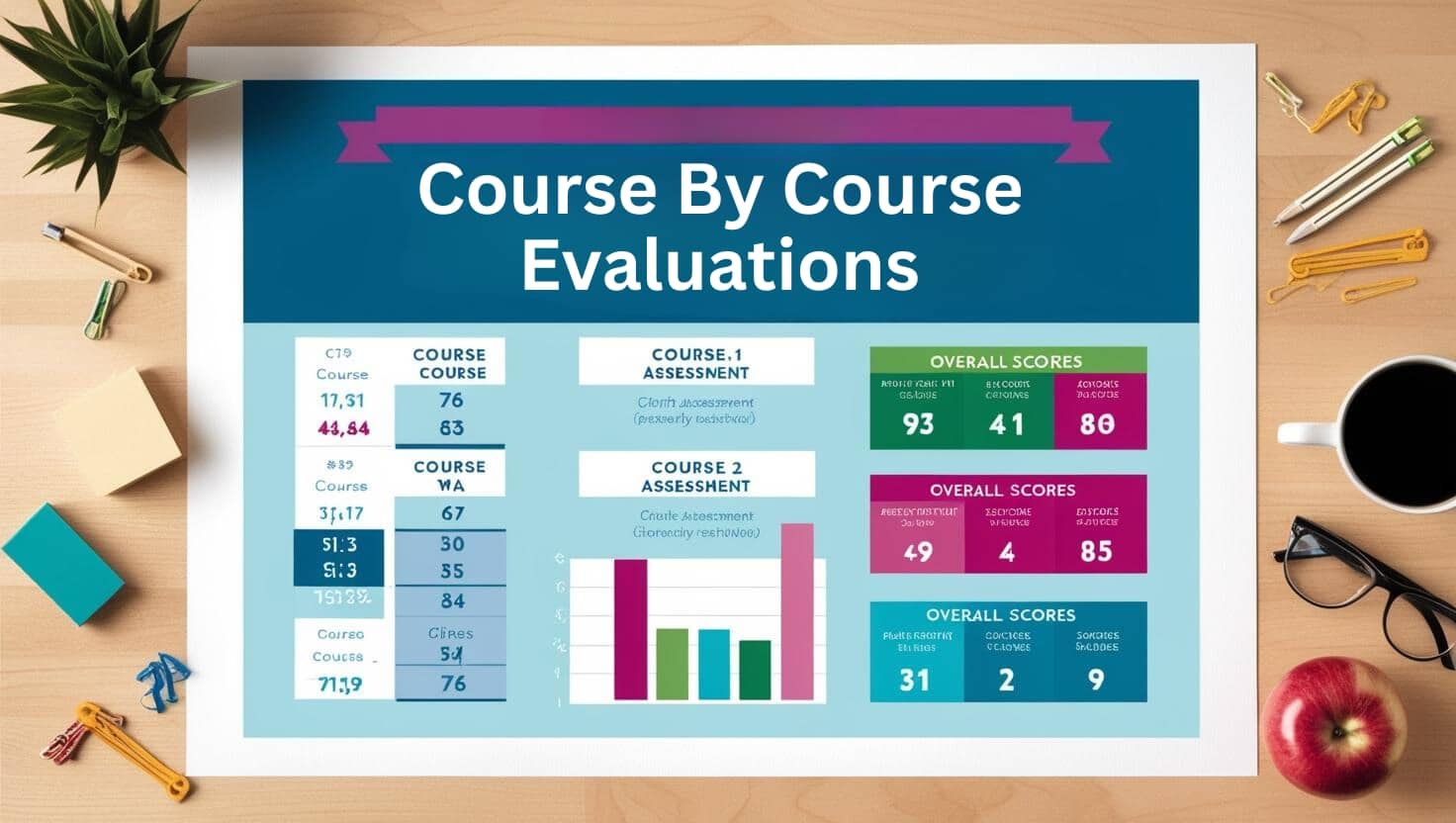expert opinion letter for h1b rfe
Introduction
In a significantly globalized world, the significance of examining work experience for international markets can not be understated. As organizations broaden their horizons across borders, comprehending how to efficiently assess work experience ends up being essential. The need for accurate academic credential evaluation and international credential evaluation services emerges, with a focus on lining up expert credentials with local requirements.
rfe response eb1aThis post looks into the essential considerations and strategies involved in examining work experience for global markets. By examining various aspects including course-by-course credential evaluation, work experience evaluation, and the function of expert viewpoint letters, we aim to provide comprehensive insights that cater to experts, companies, and critics alike.
Evaluating Work Experience for International Markets: Key Considerations and Strategies
When evaluating work experience worldwide, a number of essential considerations enter into play. Each nation has its own set of requirements and practices relating to education and work. Therefore, understanding these nuances is important in guaranteeing a trustworthy evaluation of qualifications.
Understanding International Standards in Work Experience Evaluation
Countries differ substantially in regards to expert accreditation and recognition of qualifications. For example, what is considered appropriate work experience in one country might not hold the very same weight in another. Thus:
- Researching Country-Specific Requirements: Familiarizing oneself with the specific requirements set by regulative bodies in target nations is crucial. Utilizing Credential Assessment Services: Organizations specializing in international credential assessment can provide valuable insight into how foreign credentials are viewed domestically.
The Function of Academic Credential Evaluation
Academic credentials act as a structure upon which work experience is often examined. Proper examination ensures that a prospect's instructional background lines up with market expectations.
Types of Academic Credential Evaluations:- Course-by-Course Credential Evaluation: This approach provides detailed insights into specific courses taken by candidates, equating them into comparable credits within the host country's education system. General Evaluations: These supply an introduction of a candidate's credentials but may lack the granularity required for certain professional sectors.
Importance of Course-by-Course Credential Evaluation
A course-by-course method allows hiring supervisors to assess candidates more adequately based upon their scholastic achievements.

- Detailed Insight: This technique breaks down each course completed by a specific, helping evaluate whether they meet particular educational requirements revealed by regulatory bodies or employers. Facilitating Job Matching: By matching specific courses with task requirements, companies can make sure that prospects have exactly the ability required for roles within their industry.
Work Experience Examination: A Comprehensive Approach
Evaluating work experience goes beyond merely looking at task titles; it needs an analytical view that thinks about various aspects such as duration, significance, and depth of responsibilities undertaken.
Factors Affecting Work Experience Evaluation
Relevance to Position Sought: How closely does previous work correlate to the prospective role? Duration and Quality of Experience: Lengthy tenure may suggest stability but does it likewise show growth and development? Nature of Responsibilities Undertaken: What were the specifics? Did the candidate lead jobs or contribute substantially to team goals?Expert Viewpoint Letters as a Resource
A specialist viewpoint letter functions as a valuable tool throughout the examination procedure:
- Defining Expertise: A specialist's insights can clarify intricate roles and duties carried out in previous positions. Supporting Documentation: Such letters can bolster applications when proving one's viability based on non-traditional experiences.
Developing Effective Organization Plan Evaluations
For experts intending to establish themselves worldwide through entrepreneurship or consultancy roles, service plan assessments end up being paramount.
Understanding Market Needs: Performing thorough research into local market needs assists people in tailoring their business proposals effectively. Evaluating Rival Landscape: Understanding existing competitors will assist form company strategies accordingly. Financial Practicality Assessments: Financial forecasts should be reasonable based upon available information from similar existing companies within a region.Bridging Cultural Distinctions in Work Experience
Navigating cultural subtleties is essential when evaluating global qualifications:
- Keeping an open mind towards various working styles fosters much better combination into varied environments. Awareness of cultural norms can boost communication among varied teams.
Utilizing Technology for Effective Evaluation
The digital age has revolutionized how assessments are carried out:


- Online platforms assist in much easier submission of documents required for credential evaluations. Remote assessments indicate that geographical barriers are less preventing than before.
Challenges Dealt with During International Work Experience Evaluations
Evaluators frequently experience a number of challenges while assessing global credentials:
Lack of Standardization Throughout Borders Variability in Educational Systems Language Barriers Restraining Clear Communication Insufficient Documentation from CandidatesStrategies for Overcoming Challenges
To reduce these challenges:
- Engage with local professionals knowledgeable about regional practices. Use standardized structures where suitable to enhance assessments.
FAQs
What is academic credential evaluation?- It refers to assessing instructional qualifications from one country against those acknowledged in another country to figure out equivalency.
- These services evaluate foreign educational documents to ascertain its credibility and equivalence within local contexts.
- This involves evaluating each individual course taken by a candidate rather of providing a basic introduction, concentrating on credit equivalencies.
- It assists employers evaluate if prospects have appropriate abilities necessary for success in particular roles within their organization.
- It's a document offered by acknowledged specialists that verifies a person's previous experiences or instructional background concerning industry standards.
- Ensure all records are main copies, consist of in-depth descriptions of roles held during employment, and gather any extra supporting files like recommendation letters or awards gotten throughout your career journey.
Conclusion
Evaluating work experience for global markets provides both chances and challenges alike; however, armed with appropriate methods and knowledge about essential considerations such as scholastic credential examinations and professional viewpoint letters-- professionals can navigate these waters effectively! The globalization trend continues unabated; thus investing time into understanding various techniques toward assessing credentials throughout borders will pay dividends-- both personally and professionally-- allowing people to thrive globally while contributing value-added point of views derived from diverse backgrounds!